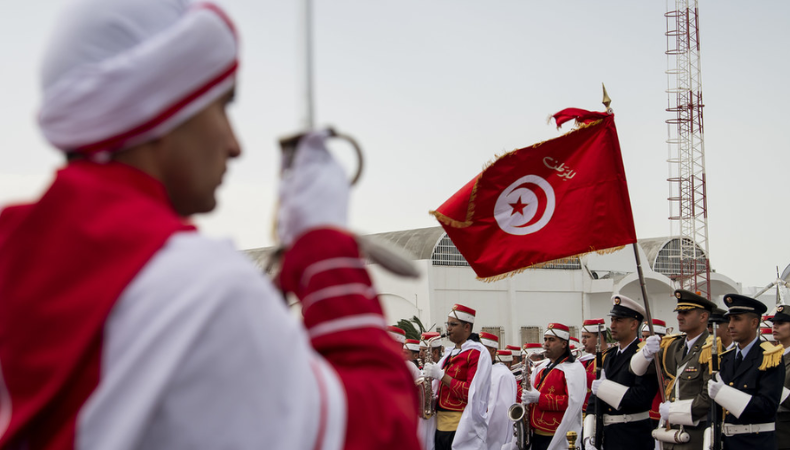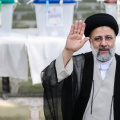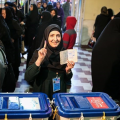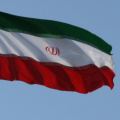Tunisia’s Democratic Crossroads: Saied Schedules October Election Amidst Rising Authoritarianism

President Kais Saied, Tunisia’s increasingly dictatorial leader, has announced the date for the next presidential elections on October 6. This decision was announced as his five year tenure ends on October 23. This announcement was made on Tuesday via a decree, which actually marks a crucial moment for Tunisia, a nation once known as a beacon of democracy in the Arab world.
A Controversial Term
Tunisian’s elected Saied in 2019 on a populist and anti-corruption platform, profound with the frustration of Tunisians by gridlocked party politics and economic woes post-Arab spring. However, Saied’s tenure has been marked by controversial decisions and moves that have recanted some of the democratic achievements accomplished over the past decade. Saied is accused of jailing his critics and people who oppose him, which includes members of the largest political parties as he rewrote the constitution of the nation, only to fortify his position. Political analysts believe he will easily seek a second term, particularly as the new written constitution grants him the power to do so.
Dissolution of Parliament and Governance by Decree
Saied dissolved the parliament two years ago after an online session held by lawmakers of the opposition party Ennahda aimed to rescind his sweeping power grab in 2021. He even justified his actions by claiming that the country faced “imminent peril” from economic difficulties and ongoing protests. From then, Saied has ruled by decree, cementing his dominance over the country.
Crackdown on Opposition
More than 40 of Saied’s critics and political opponents were imprisoned over the past year on multiple charges, which also includes serious allegations like conspiring against the nation’s security. Leader of the Ennahda party, Rached Ghannouchi, received a three year prison sentence earlier this year for using foreign financing in his 2019 election campaign. This verdict adds to a 15 month term handed down previous year for supporting terrorism and spreading hatred.
Opposition’s Stance and Election Prospects
National Salvation Front, the main opposition coalition, has announced they will boycott the upcoming election unless the imprisoned opponents are released and judicial independence is restored. They expressed concerns about the credibility of the election under the current scenario.
Keep on Reading
Despite all this, various political leaders have declared their nominations. The leader of the right-wing Free Destourian Party, Abir Moussi, has announced his candidacy despite being in custody on suspicion of disturbing public law and order. Lotfi Mraihi from the Republican Popular Union Party is also contesting, even as he faces severe allegations of money laundering.
As the election dates approaches, Tunisians will have their first chance to analyze President Saied’s tenure in the middle of ongoing economic crisis and a shift towards dictatorship. The outcome will definitely shape the future trajectory of Tunisia.








